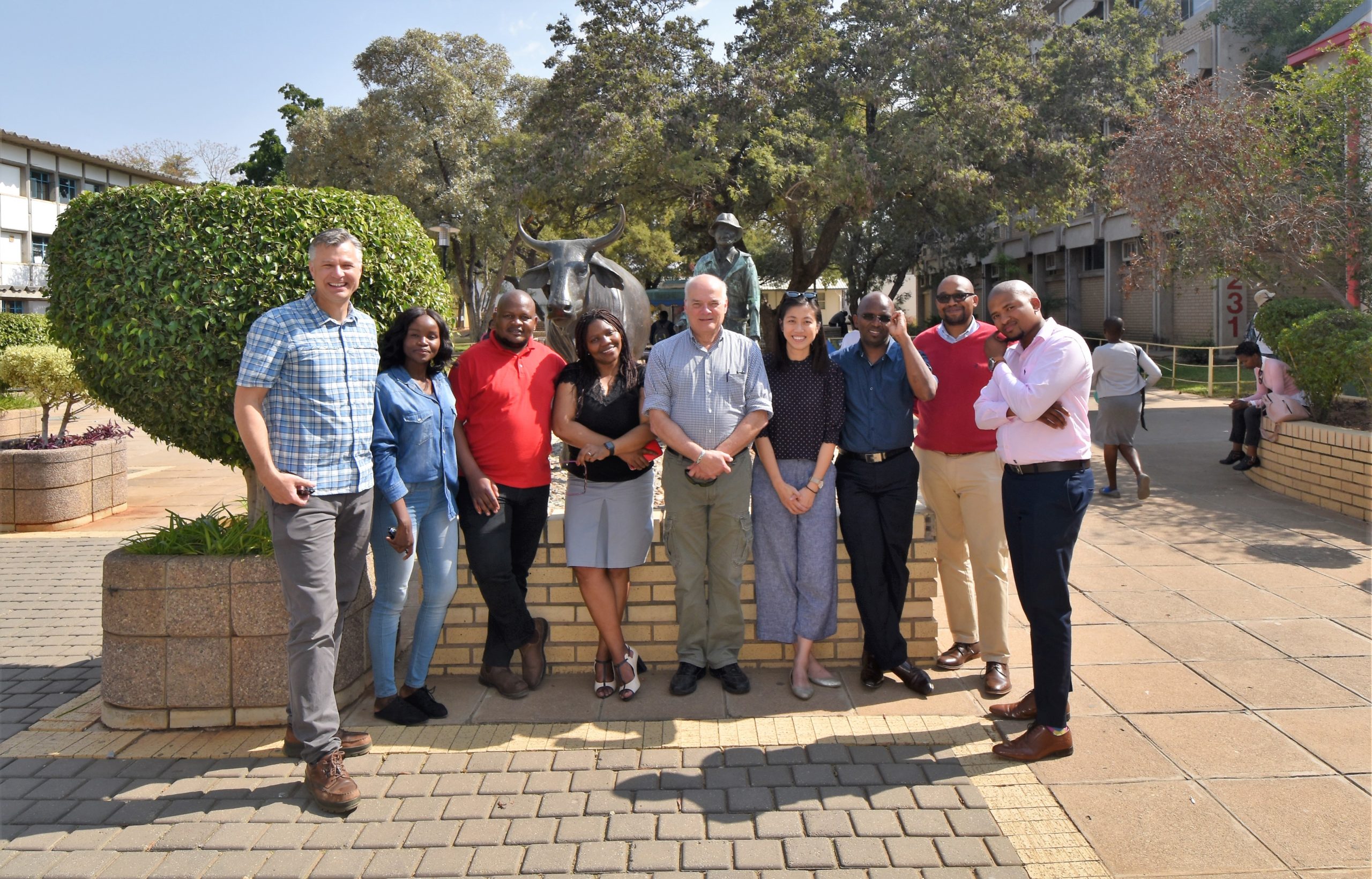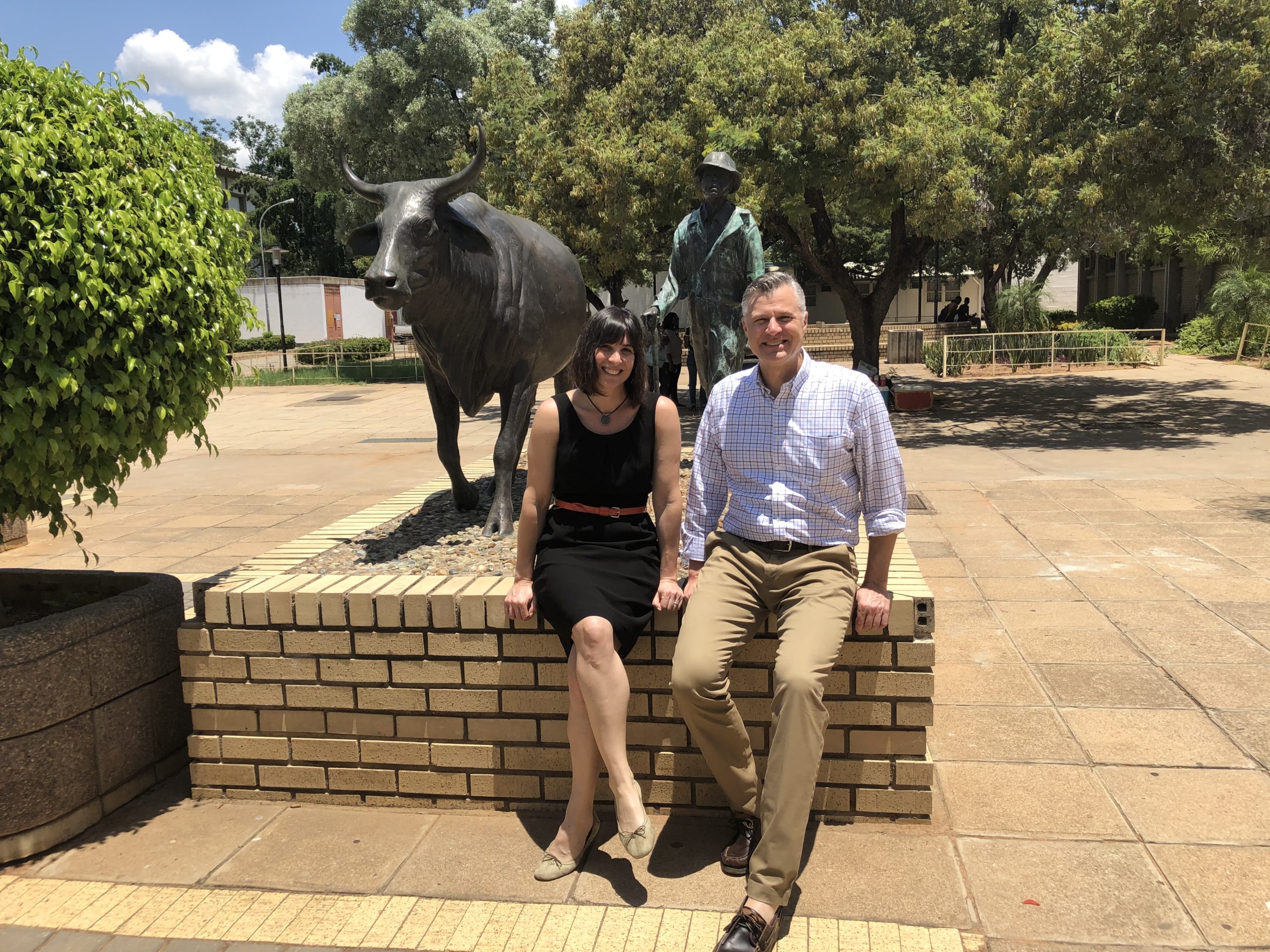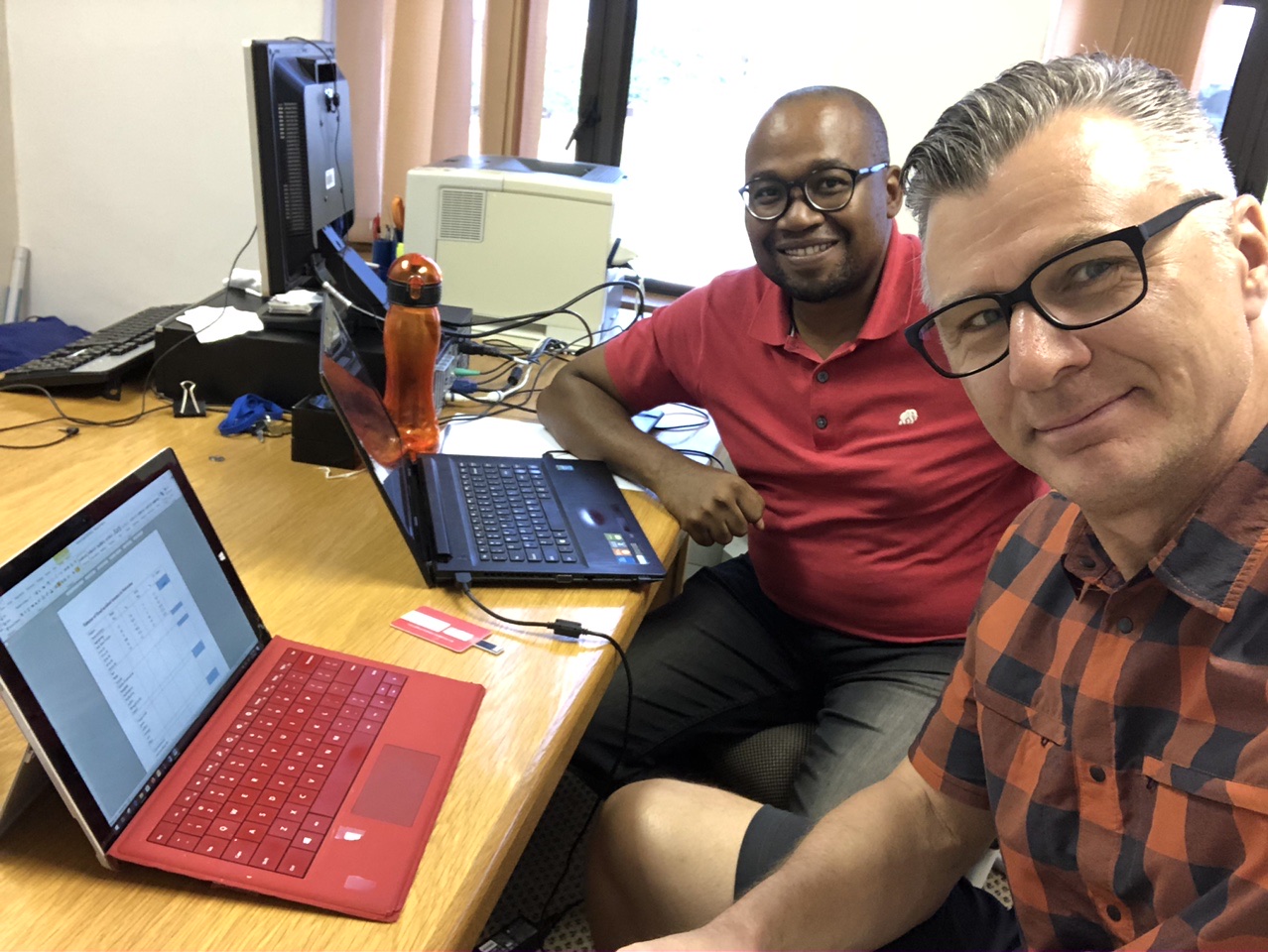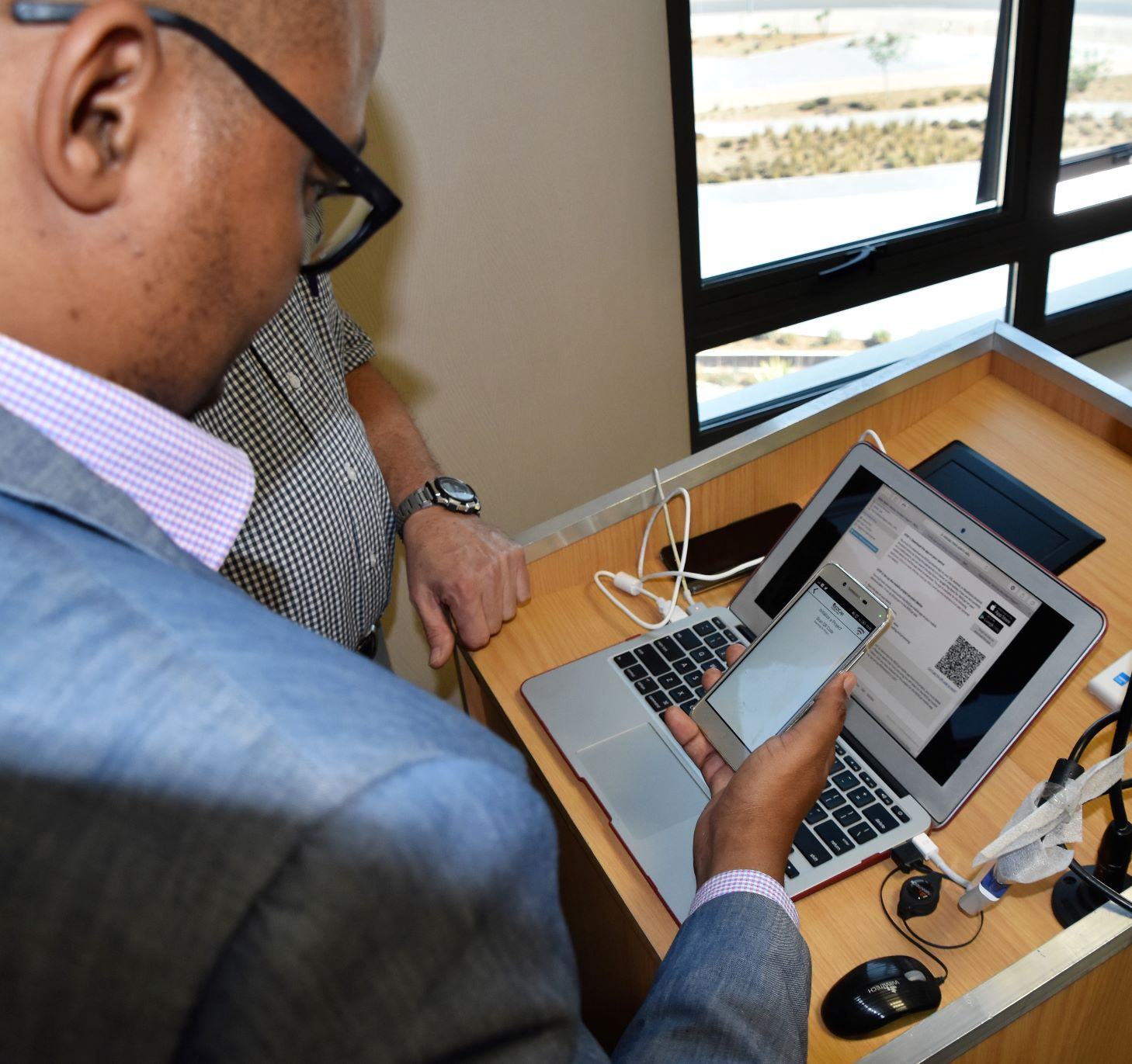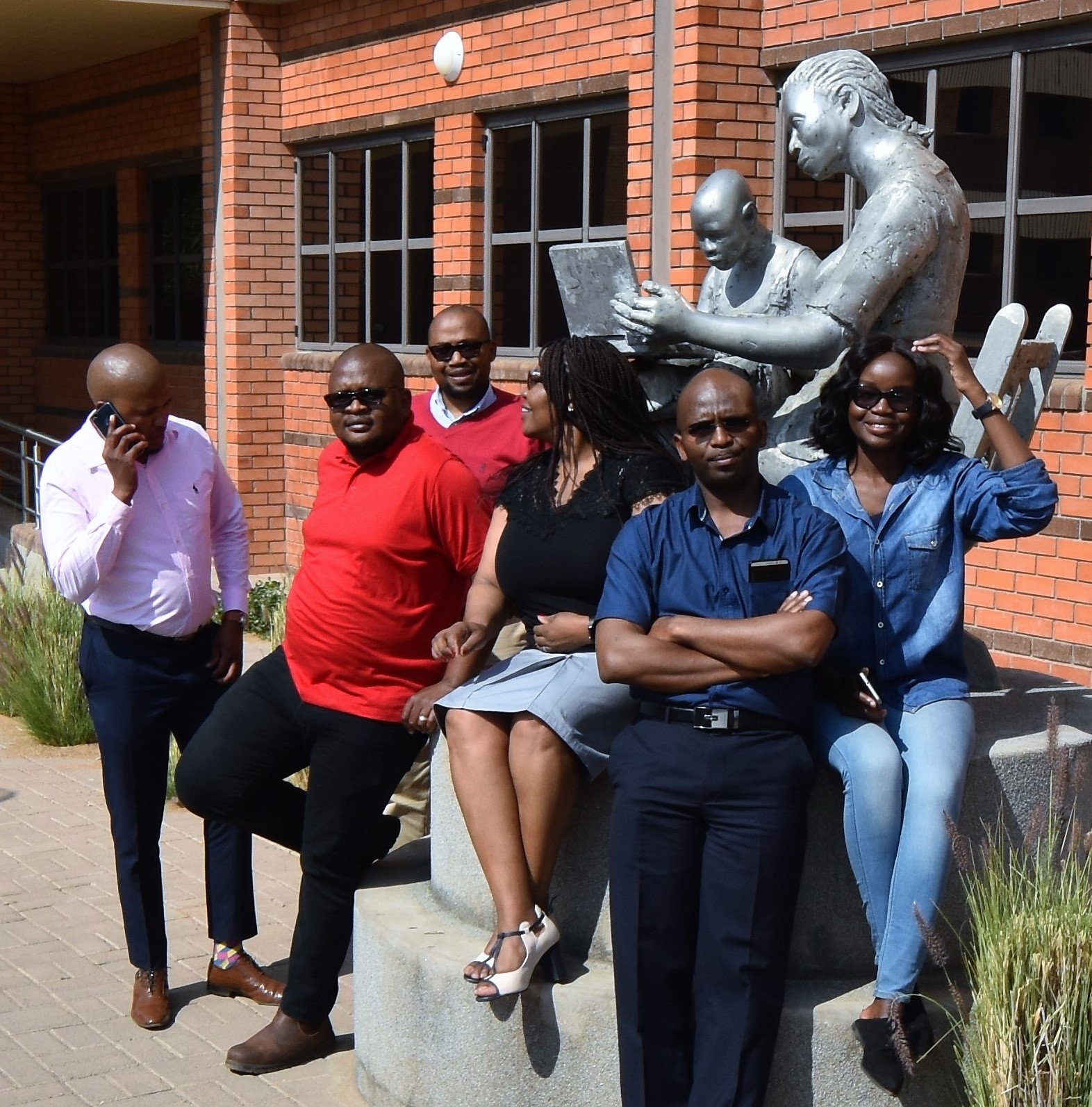D43 Training Program in Botswana
About the Program
We are running a program to train Botswana to become independent researchers studying behavioral, biomedical, and policy issues in Botswana with a focus on treating and preventing injury and trauma. The program is sponsored by the University of Botswana, the Ministry of Health in Botswana, the University of Pennsylvania (USA), and Fogarty-NIH (USA).
Since 2016, we have supported trainees through professional workshops, regular mentoring meetings, in-person retreats, and support in competing for funding, establishing career connections, and building their academic portfolios.
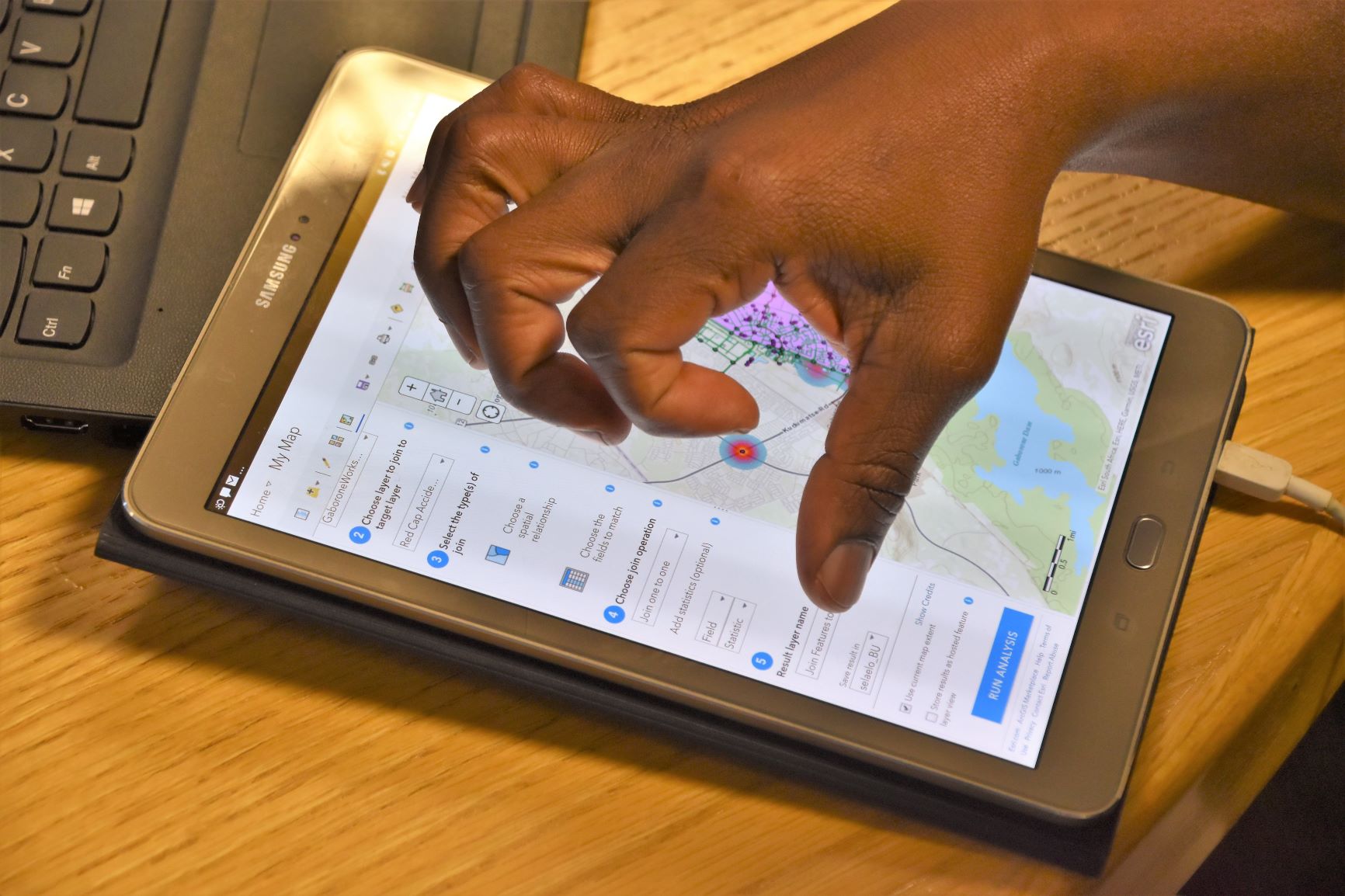
(Pictured) A spatial analysis workshop held during an in-person retreat in Botswana.
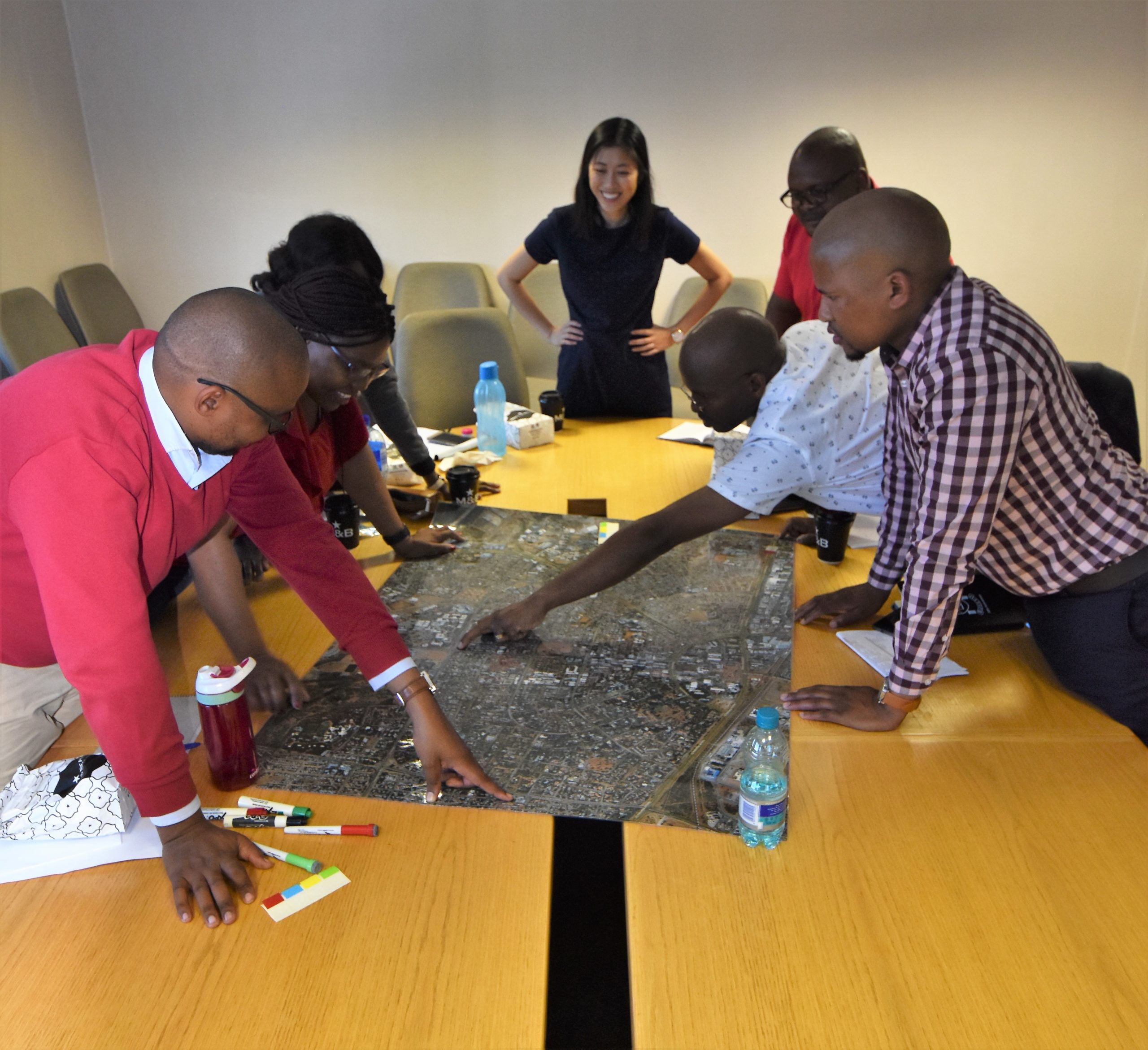
Program Goals
Support emerging research infrastructures & institutional leaders at the University and Ministry
Create a sustainable, active, & collaborative network of investigators and national public health leaders
Program Leadership
The program is currently led by John Holmes (Principal Investigator, University of Pennsylvania) and Mooketsi Molefi (University of Botswana Faculty of Medicine), and supported by Andrew Belfiglio (Project Manager, Penn Injury Science Center), Sara Solomon (Deputy Director, Penn Injury Science Center), and Doug Wiebe (former Principal Investigator, University of Michigan).
The program is an offshoot of the long-standing Bostwana-UPenn Partnership (BUP).
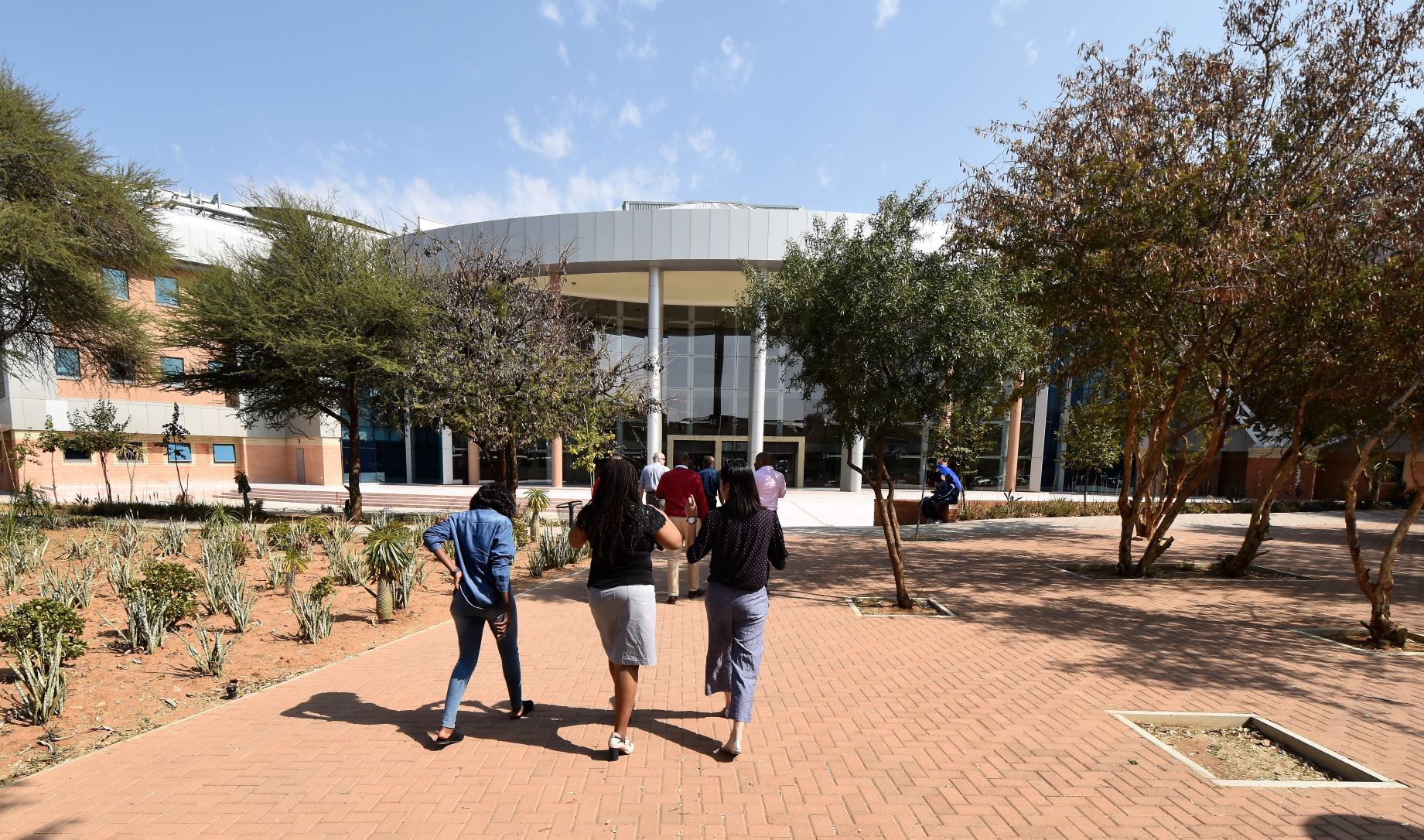
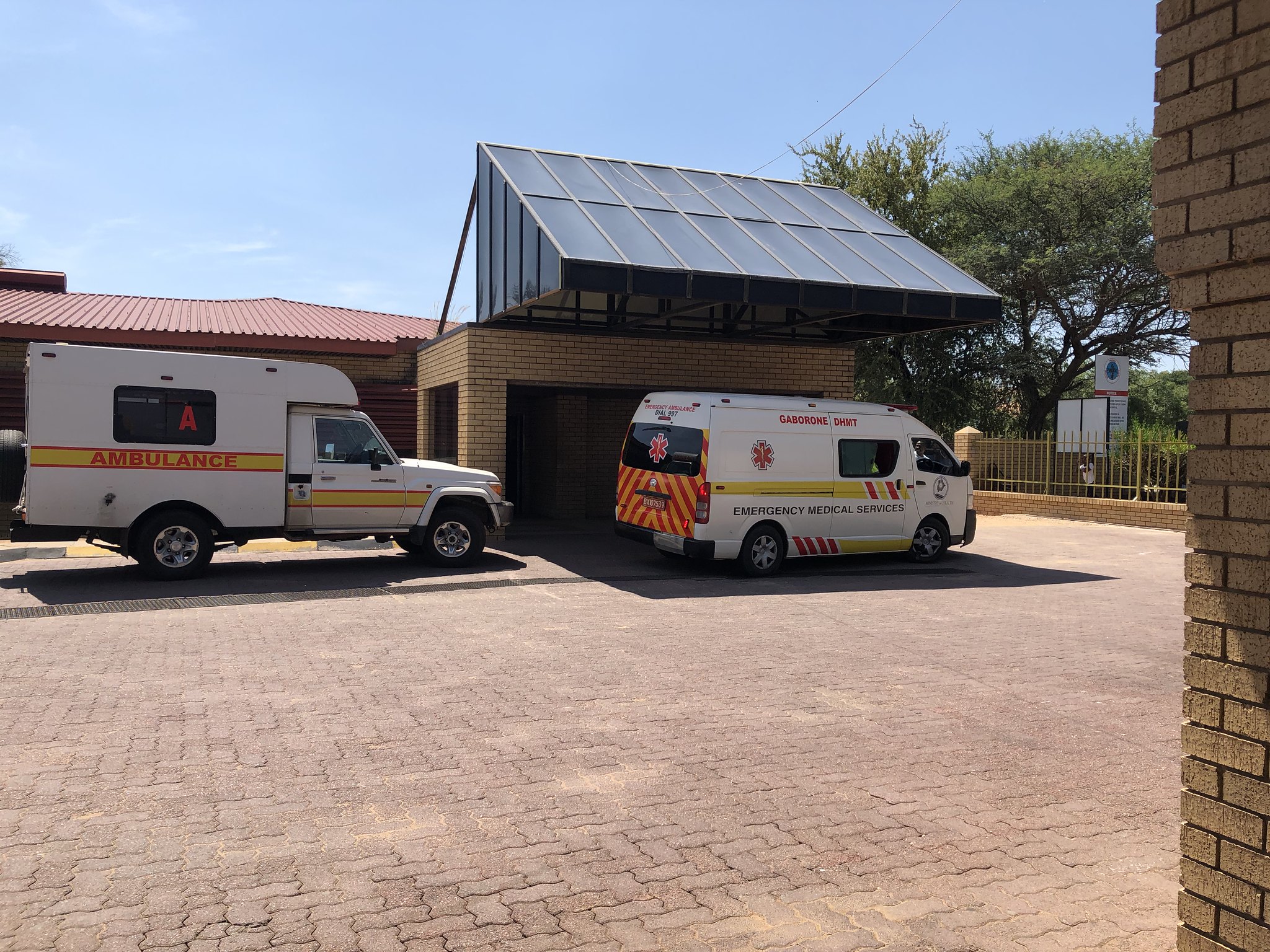
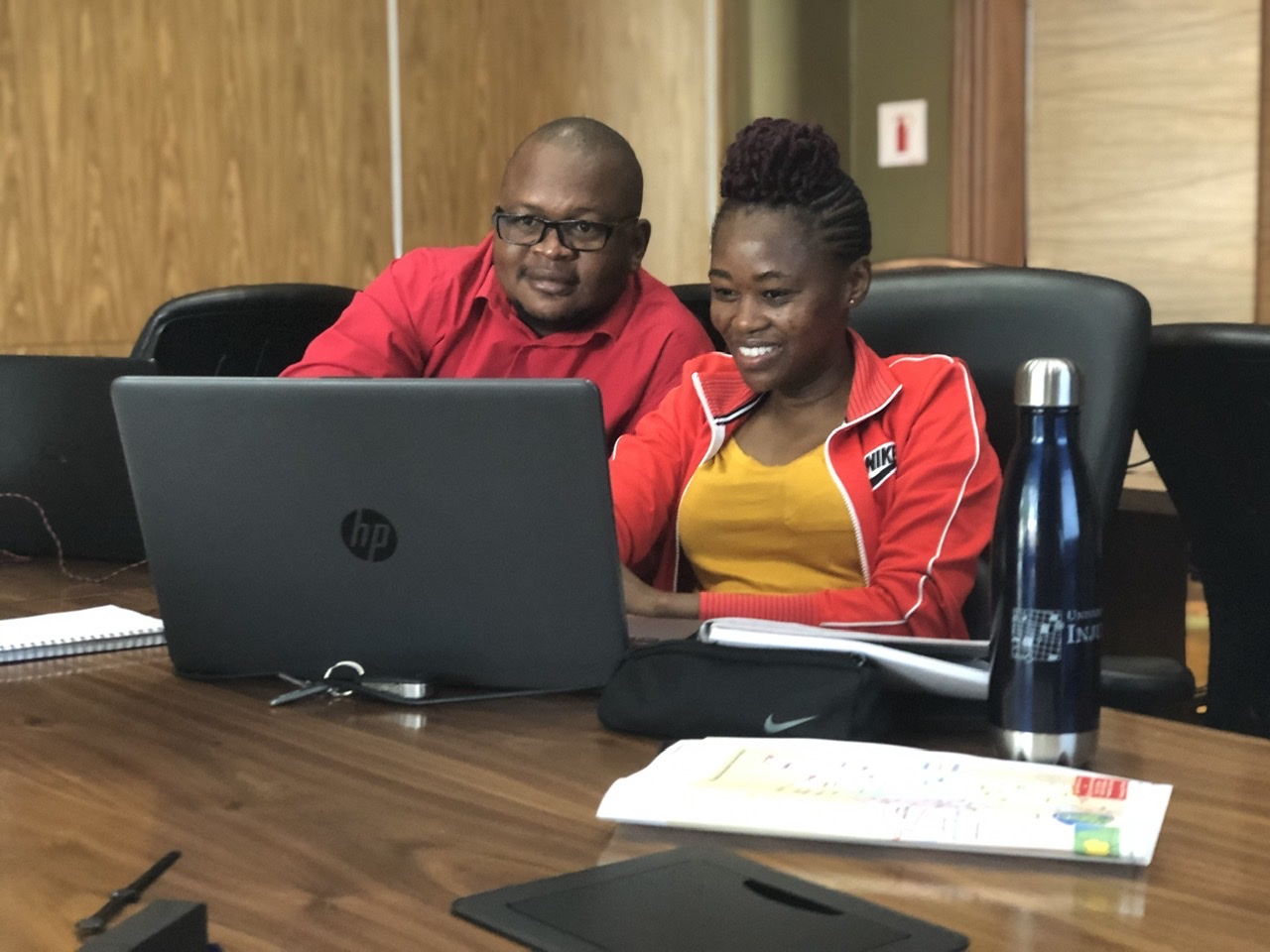
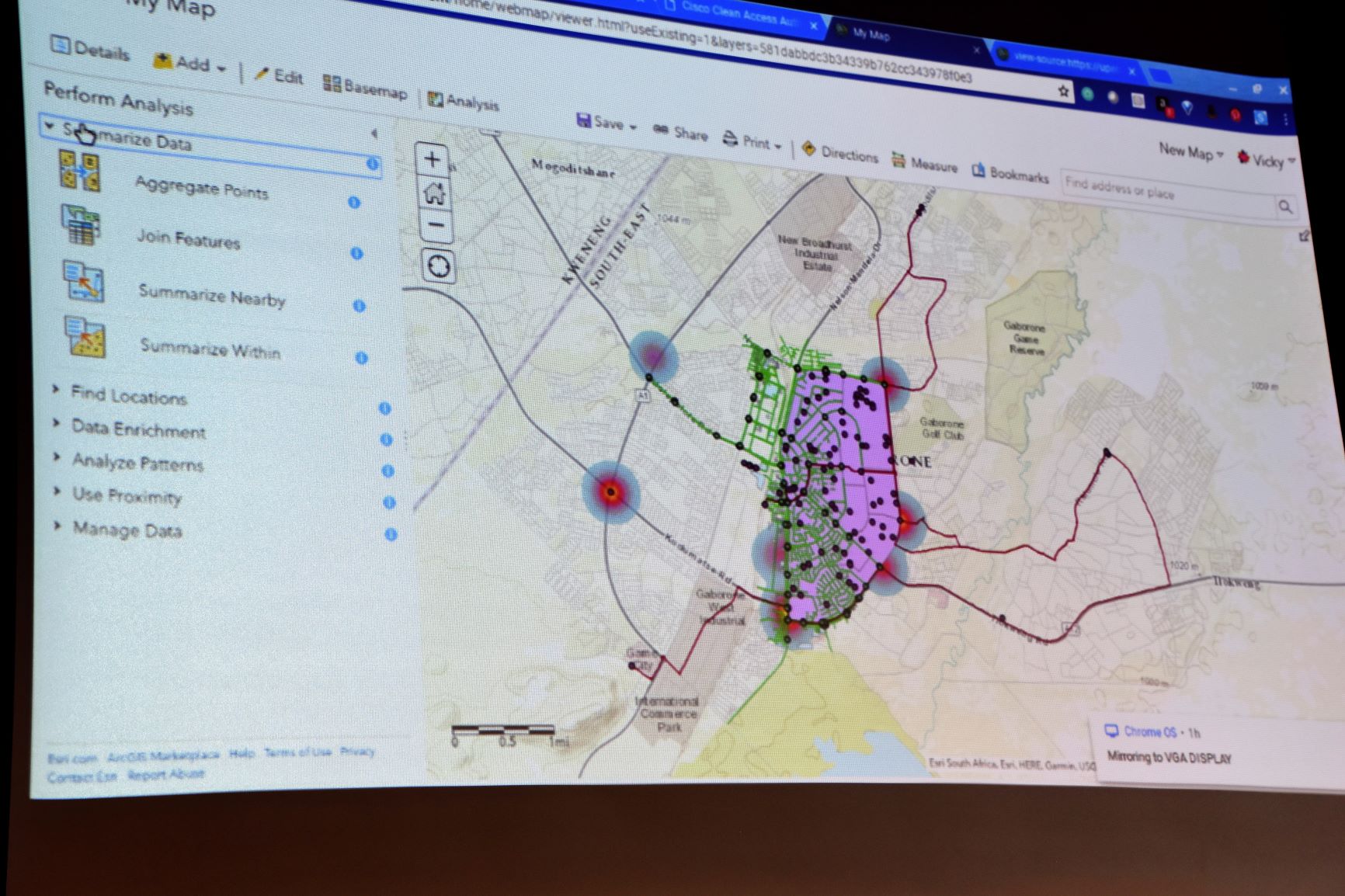
Program Activities & Highlights
Monthly meetings
For trainees to present works in progress to colleagues, get feedback on research ideas, receive advice on issues regarding career development, and brainstorm opportunities to collaborate.
In-person retreats
Leading up to 2020 (the COVID-19 pandemic), and with plans to resume in 2023, in-person retreats are an invaluable component of the program to build connections, offer intensive training opportunities, and maintain momentum and motivation.
Individual mentoring
Forging relationships with Penn faculty provide additional training and development opportunities, including grant submission, publications, and strategic advice.
WhatsApp group chat
The active group chat is an efficient mode of communication for the trainees and mentors to share news, accomplishments, opportunities, and to solicit advice or support from their colleagues.
Joint publications
With publications being the main form of academic currency, the program goes beyond supporting trainees in producing their own publications, but also helps plan and execute joint publications such as Applying the Haddon matrix conceptual model to guide motor vehicle crash injury research and prevention in Botswana.
Response to current events and public health threats
At the onset of the COVID-19 pandemic, virtual meetings shifted focus towards supporting the local response, such as creating “tippy tap” structures to enable hand-washing in remote locations in Botswana. As local current events happen, such as large motor vehicle incidents, conversations revolve around how to move foward, how to prevent this in the future, and providing social support to these leaders working in the field of traumatic injury.
